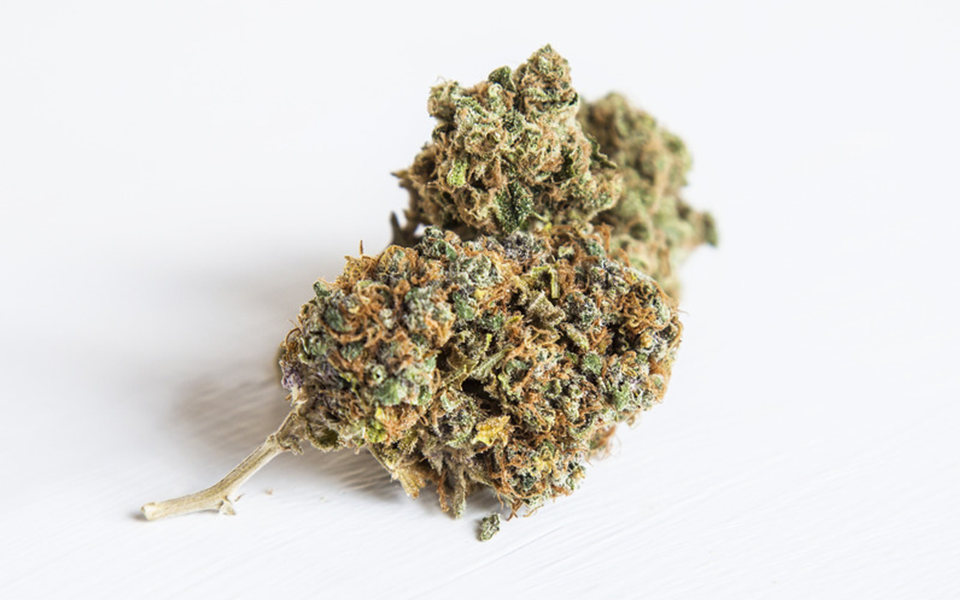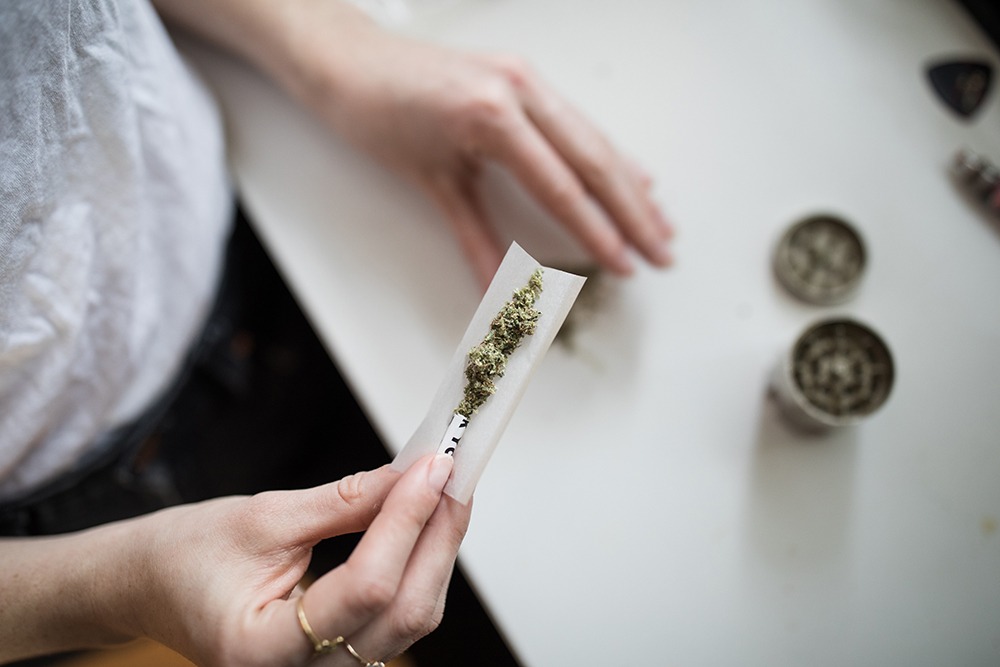
Risks and signs of teen cannabis use
Recreational marijuana is legal in Canada as of October 17. This means those over 19 years of age in Ontario will be able to legally buy and use marijuana (with some restrictions). Cannabis consumption will not be allowed in public places or within cars and there will be legal implications for using as a minor or selling to a minor.
Waterloo-Wellington-Hamilton-Niagara-Haldimand-Brant LHIN data from the 2017 Ontario Student Drug Use and Health Survey (OSDUHS) reported 30% of students grades 9-12 used cannabis in the past year and 58% said cannabis is easy to get.
Teens can use cannabis for a variety of reasons, from social pressures to a coping mechanism. As recreational cannabis becomes legal in Canada, we share some risks and signs of teen cannabis use, as well as strategies for parents to have an open conversation with their teens.
The risks
THC is the chemical that gives cannabis its “high” effect. In today’s cannabis, THC is on average, 2-4 times more potent than it was 30 years ago. Health risks of regular cannabis use in adolescents include:
• Difficulties with relationships at home, school, and work
• Impact on brain functions like memory, concentration, learning, decision-making, and handling emotions
• Increased risk of serious mental health problems like depression and psychosis
• Physical health problems that affect the lungs and respiratory system
• Risk of dependency/addiction
It remains illegal to drive while impaired by cannabis and other drugs after legalization of cannabis use. Cannabis affects decision-making and judgement, as well as cognitive and motor functions, making for a dangerous driving combination.

The signs
It is sometimes hard to distinguish cannabis use from typical youth behavior. The best way to find out if your teen is using is to ask them. Here are some signs to watch out for:
• Getting into trouble at school, with the law, at work, or at home
• Potential drop in grades and poor attendance at school
• Changing groups of friends
• Distancing themselves from family
• Changes in sleep habits, appetite, mood (feeling irritable and paranoid), and other behaviours
• Spending less time on activities they used to enjoy
• Borrowing money or having more funds than usual
Teen cannabis use & the developing brain
Dr. Christina Grant, a Hamilton Health Sciences pediatrician who specializes in adolescent health, says the adolescent brain is still developing up until the mid-20s, including the pre-frontal cortex, “the seat of reason.”
This area of the brain is last to develop and is where skills like organization, balancing risks and harm about decisions we make, and trying to think ahead come from, she says. Regular cannabis use during this stage of development has been linked with brain changes and an increased risk of certain mental health issues.
“We don’t recommend cannabis for youth or young adults. However, if you are going to experiment with it, it’s important to wait until you are older.”
Dr. Grant says there is a relationship between regular use of cannabis and the development of psychosis.
“There is a doubling of the risk which is concerning, especially if a youth has a family history of psychosis so is already at an increased risk. There is also an association between cannabis use and depression.”
But one of the biggest risks is dependency.
“One in six teens who experiment with cannabis will go on to develop cannabis use disorder.”

How to talk to your teens about cannabis
• Know the facts and be prepared to answer questions honestly.
• Gauge how your child feels about cannabis and how much they know about it.
• Gain insight into the pressures they may be feeling and put yourself in their shoes.
• Keep the conversation open and ongoing, knowing that you can both speak openly.
• Listen actively. Ask questions, concentrate, show interest in your body language, and paraphrase to ensure you’re getting the jest of what they are saying.
• Ask open-ended questions, for example, do kids at school talk about smoking pot/weed? Use language they are familiar with.
• Lead by example. Reflect on your own substance use and coping strategies.
• Focus on safety. Discuss physical effects, cannabis and driving, legal risks, and knowing their limits.
• Build trust and offer empathy. Avoid shaming or frightening.
• Keep a positive attitude and open mind. Thank them for sharing.
“Teens know what’s going on much more than we as parents give them credit for. Our words only go so far, but our actions speak volumes. Spend time with your youth, enjoying activities they like. Always be prepared to actively listen – even at inopportune times – when they talk about their lives. It’s a myth that youth don’t want to spend time with us as parents, or that they don’t want our opinions on facets of their lives, including for some, cannabis experimentation.”
Facebook Live
Dr. Grant hosted a Facebook Live Q&A about the signs and risks for cannabis use in young people. Watch for more information about how cannabis affects the young brain, and how to start conversations about cannabis with your kids.
Additional Reading
Cannabis in Canada (Government of Canada)
Cannabis Legalization (Government of Ontario)
Cannabis Talk Kit: Know how to talk with your teen (Drug Free Kids Canada)
Cannabis: What Parents/Guardians and Caregivers Need to Know (CAMH)
Risk Factors for Simultaneous Use of Alcohol and Cannabis (Public Health Ontario)
